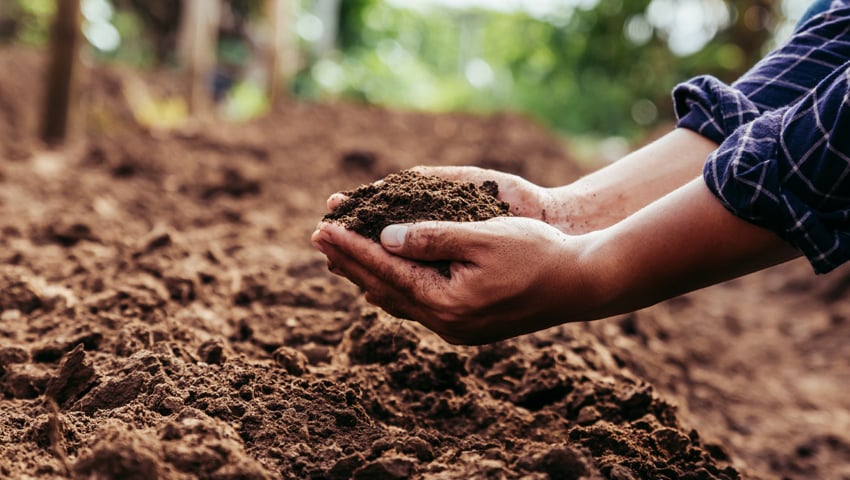A new POSTnote has been released, which is intended to inform UK parliamentarians about regenerative farming.
The Parliamentary Office of Science and Technology (POST) is an office of both Houses of Parliament. It produces impartial briefings designed to make research evidence accessible to the UK Parliament. Stakeholders contribute to and review POSTnotes.
Key POSTnote findings
UK food production is affected by degraded soils and extreme weather events. These issues are projected to worsen without changes in practice.
Regenerative agriculture is a farmer-led movement that aims to work with nature to improve soil health, biodiversity and water quality while maintaining food production and improving resilience to climate change impacts.
Regenerative agriculture lacks an agreed universal definition. How it is interpreted and implemented varies across different stakeholders and farming systems. Evidence suggests that regenerative agriculture can help to improve farmland biodiversity, soil health and water quality, but improvements may be limited by the context in which different practices are applied.
While regenerative agriculture can have positive effects on farmland biodiversity, it may have environmental trade-offs, such as using chemicals as an alternative to ploughing to manage weeds. Potential effects on yields in the short to medium term may occur in some contexts but are less likely when multiple practices are implemented in combination.
At the farm level, risks arising from transitioning to regenerative agricultural practices are partially mitigated by reduced overall spending on chemical inputs and fuel. Interventions across food systems, such as independent knowledge exchange, peer-to-peer learning, local infrastructure and help to access new markets may support successful implementation in the UK.
Defra states it does not currently intend to subsidise regenerative agriculture.
